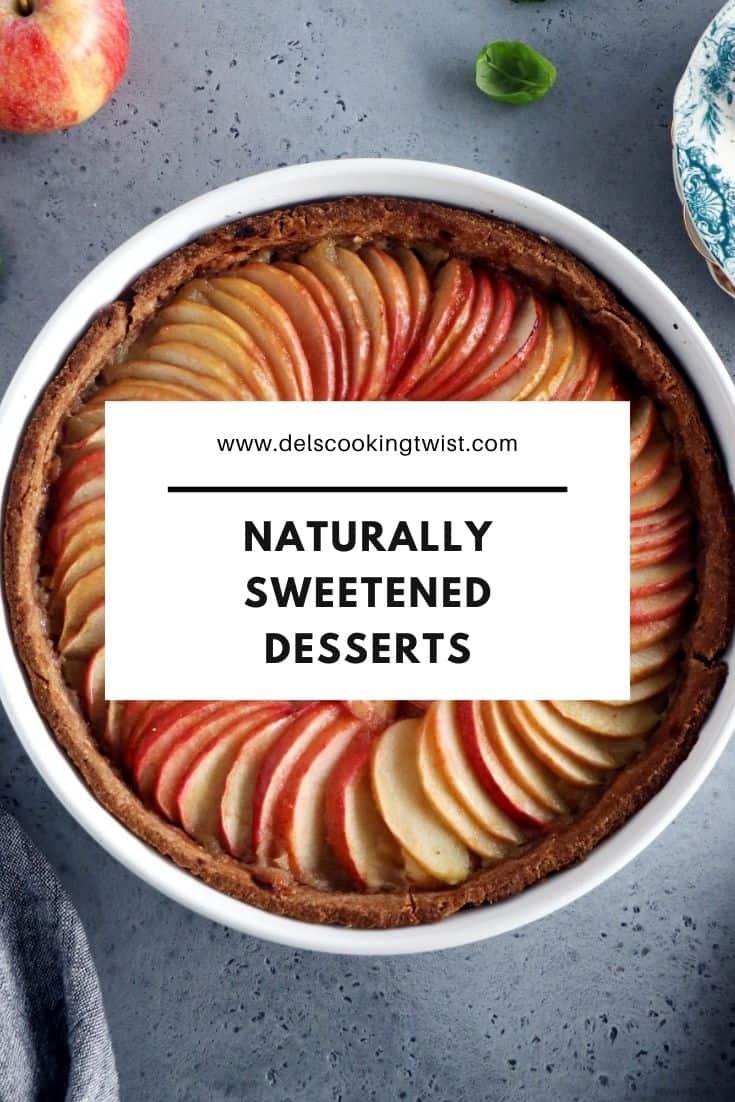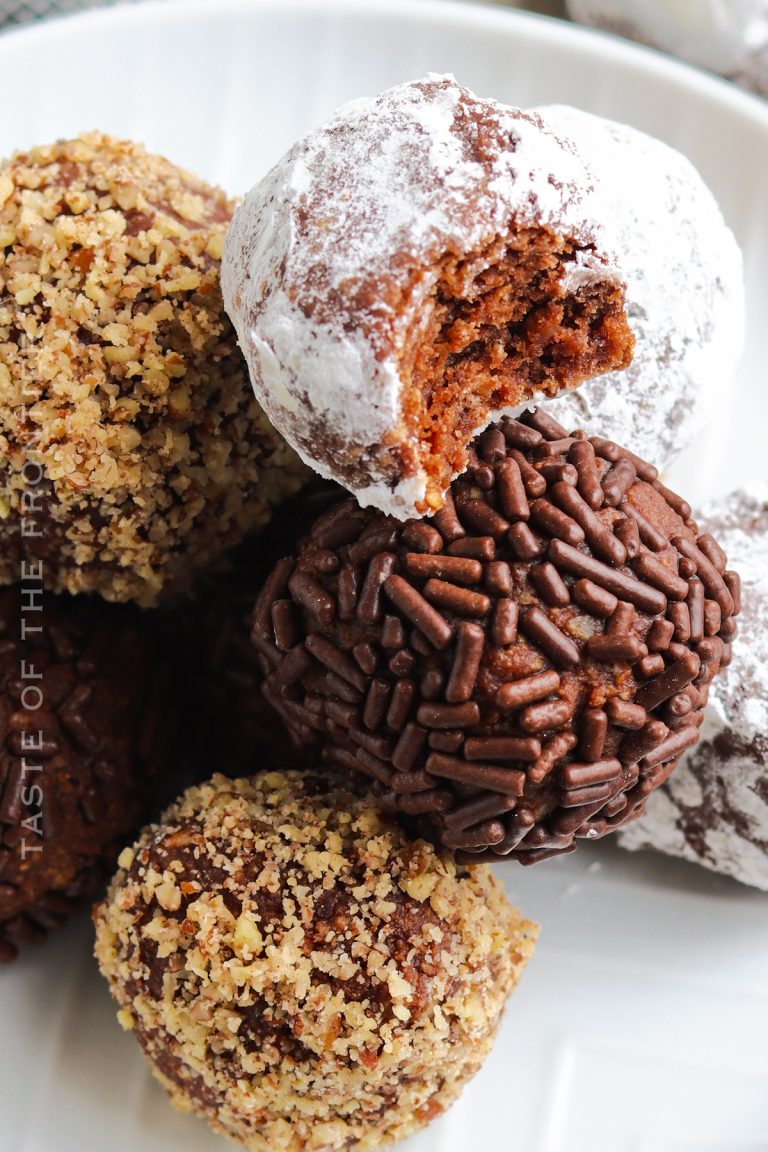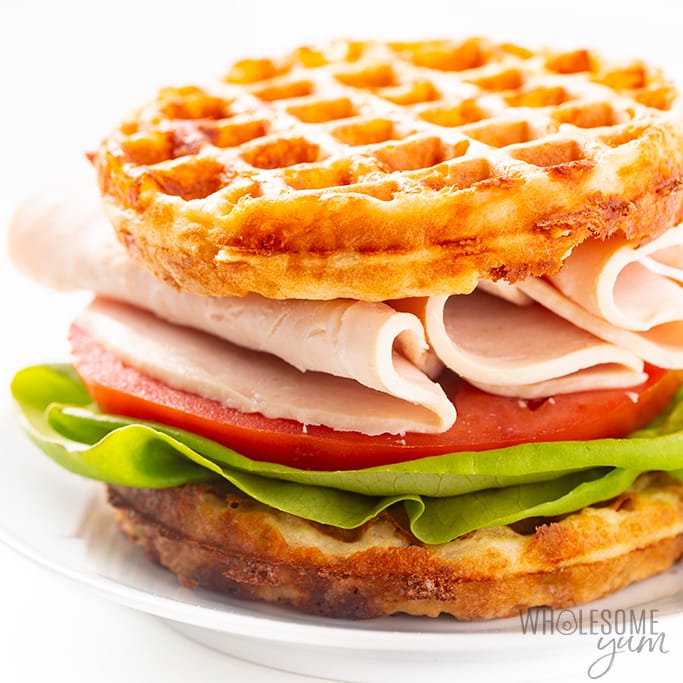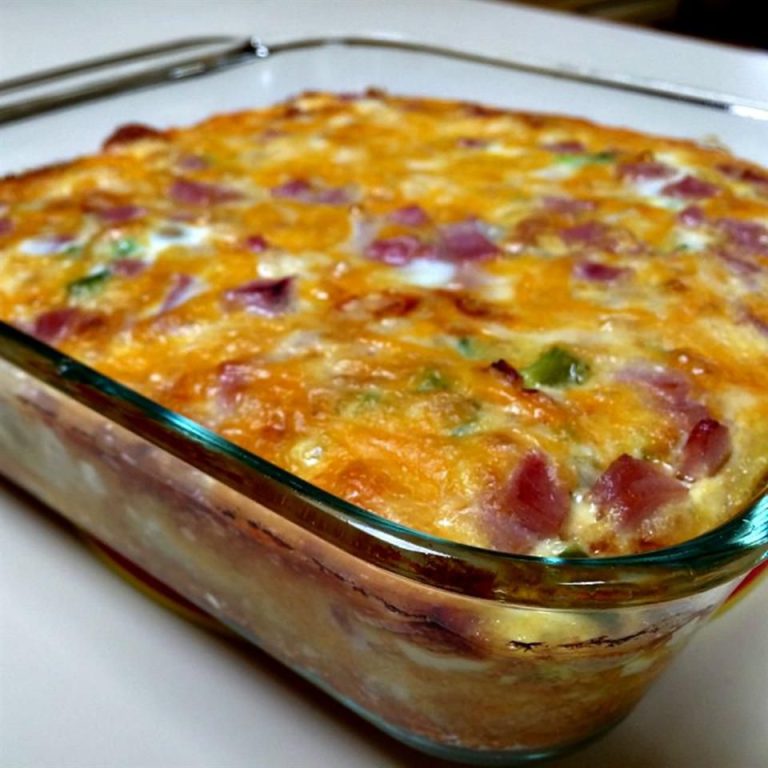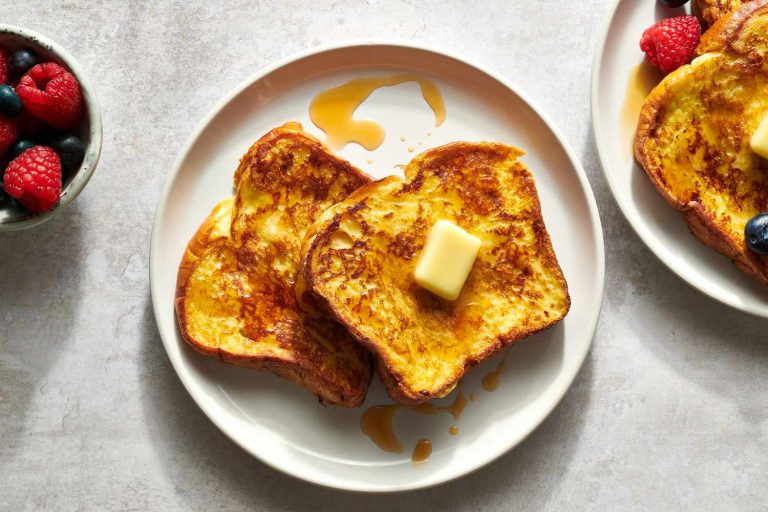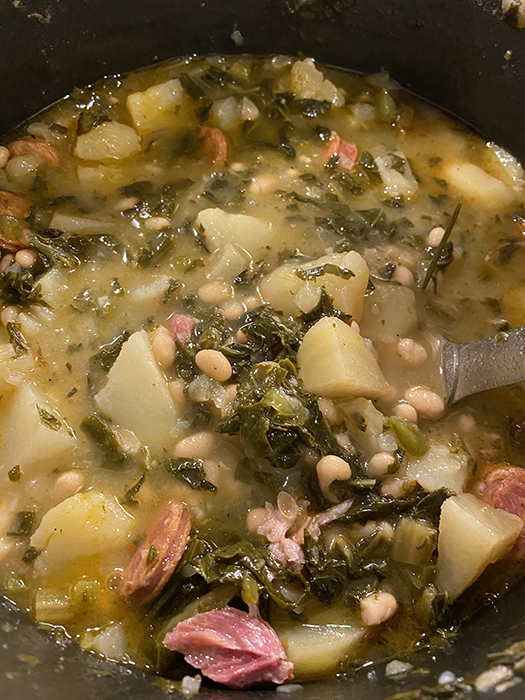Sugar Free Cakes for All Diets
Sugar-free cakes eliminate traditional sugar, using sugar substitutes or natural sweeteners instead. Common alternatives include stevia, erythritol, and monk fruit extract. Each sweetener provides different levels of sweetness and flavor profiles, enabling you to create varied cake recipes. You can still enjoy fluffy textures and rich tastes without added sugar.
Popular Reasons People Choose Sugar Free Options
Health Concerns
Choosing sugar-free cakes helps manage blood sugar levels, essential for people with diabetes. Reducing sugar intake also supports weight management and lowers the risk of chronic diseases like heart disease and obesity.
Dietary Preferences
Many prefer sugar-free cakes to align with dietary choices such as keto, paleo, or low-carb lifestyles. These cakes fit seamlessly into such diets, allowing you to maintain your eating habits without compromising on desserts.
Dental Health
Sugar-free cakes contribute to better dental health by reducing the risk of cavities and gum disease. Frequent consumption of sugary foods leads to tooth decay, while sugar-free alternatives present a safer option for maintaining oral hygiene.
Flavor and Variety
Advanced sugar substitutes replicate traditional cake flavors, ensuring no compromise in taste. Options like almond flour and coconut flour enrich the texture, delivering diverse and delicious experiences.
Ingredients Used in Sugar Free Cake Baking
Natural Sweeteners Explained
Natural sweeteners offer the sweetness of sugar without the associated health risks. Stevia comes from the Stevia rebaudiana plant and is 200-300 times sweeter than sugar. Erythritol is a sugar alcohol with about 70% of sugar’s sweetness and a negligible caloric value. Monk fruit extract, derived from the monk fruit, is 150-200 times sweeter than sugar and contains zero calories. These natural sweeteners don’t spike blood sugar levels, making them suitable for diabetic-friendly and keto diets.
Alternative Flours and Their Benefits
Alternative flours enhance sugar-free cakes with unique flavors and nutritional benefits. Almond flour is made from blanched almonds and offers a high protein and low carbohydrate content, suitable for low-carb diets. Coconut flour, derived from dried coconut meat, is rich in fiber and creates moist and tender cakes. Oat flour, ground from whole oats, adds a mild flavor and extra fiber. These flours cater to gluten-free, paleo, and keto dietary preferences, contributing to the texture and taste of sugar-free cakes.
Health Benefits of Eating Sugar Free Cakes
Impact on Blood Sugar Levels
Maintaining stable blood sugar levels is crucial, especially for individuals with diabetes. Sugar-free cakes, using sugar substitutes like stevia and erythritol, offer sweetness without causing spikes in blood sugar. Stevia, a natural sweetener from the Stevia rebaudiana plant, provides zero calories and has a minimal effect on blood glucose. Similarly, erythritol, a sugar alcohol found in fruit, is low-calorie and low-glycemic, making it suitable for managing diabetes. Monk fruit extract, derived from the monk fruit, provides another natural, non-glycemic sweetener option.
Weight Management Considerations
Eating sugar-free cakes can support weight management efforts by reducing calorie intake. Typical sugar substitutes used in these cakes, such as stevia and monk fruit extract, offer a sweet taste without the additional calories found in conventional sugar. Replacing regular sugar with these alternatives can lower the overall calorie count of cakes. Additionally, using alternative flours like almond flour, which is lower in carbohydrates and higher in protein compared to all-purpose flour, can contribute to a feeling of fullness, aiding in appetite control. Coconut flour, rich in fiber, also promotes satiety, reducing the urge to overeat.
Top Sugar Free Cake Recipes to Try at Home
Classic Vanilla Sponge Cake
Classic Vanilla Sponge Cake offers a light, fluffy texture and is easy to make. Use almond flour, erythritol, and vanilla extract for a sugar-free twist. Preheat your oven to 350°F. Combine almond flour, baking powder, and erythritol in a bowl. In a separate bowl, mix eggs, unsweetened almond milk, melted coconut oil, and vanilla extract. Gradually blend the dry ingredients into the wet mixture until smooth. Pour the batter into a greased cake pan and bake for 25-30 minutes or until a toothpick inserted in the center comes out clean. Let the cake cool before serving. This cake pairs well with whipped cream sweetened with stevia.
Rich Chocolate Delight
Rich Chocolate Delight satisfies your sweet tooth with deep cocoa flavors and no added sugar. To start, preheat your oven to 350°F. Mix almond flour, cocoa powder, and baking powder in a bowl. Combine eggs, melted butter, and erythritol in another bowl. Fold the dry ingredients into the wet mixture until fully incorporated. Pour the batter into a greased cake tin and bake for 30-35 minutes or until a toothpick comes out clean. Allow the cake to cool, then frost with a sugar-free chocolate ganache made by mixing heavy cream and unsweetened chocolate chips. This cake is perfect for special occasions or a decadent treat.
How to Choose the Right Sugar Free Cake
Tips for Reading Product Labels
Reading product labels ensures you select the right sugar-free cake. Look for phrases like “no added sugar” and “sugar-free.” Verify the types of sugar substitutes used. Ingredients like stevia, erythritol, and monk fruit extract are preferable since they don’t spike blood glucose levels.
Check the carbohydrate content. Sometimes a product labeled sugar-free may have high carbs from other sources. Pay attention to total carb count and net carbs (total carbs minus fiber). Look for the mention of alternative flours such as almond flour or coconut flour, which are low in carbs and beneficial for blood sugar levels.
Investigate hidden sugars. Ingredients like maltodextrin, dextrose, or syrups could indicate hidden sugars. Ensure the product doesn’t include these if you want to keep your sugar intake minimal.
Recommendations for Diabetics and Weight Watchers
Diabetics benefit from cakes made with sugar substitutes that don’t affect insulin levels. Opt for products containing ingredients like stevia or erythritol. These ingredients provide sweetness without causing blood sugar spikes. Cakes made with almond flour are particularly good options due to their low glycemic index.
Weight watchers should choose cakes with low-calorie sweeteners. Monk fruit extract and erythritol are two great choices. Look for cakes made with nutrient-dense flours like coconut flour or almond flour. These flours are high in fiber and healthy fats, helping you stay fuller longer and reducing overall calorie intake.
Note the portion size. Even sugar-free cakes can contribute to calorie intake. Choose smaller portions to manage your overall calorie consumption.
Conclusion
Exploring sugar-free cakes opens up a world of delicious possibilities that align with your health goals. By choosing the right ingredients and paying attention to labels you can enjoy guilt-free indulgence that supports your dietary needs. Whether you’re managing diabetes or simply looking to reduce calorie intake sugar-free cakes offer a tasty and versatile solution. Embrace the benefits and savor the flavors without compromising on your health.
